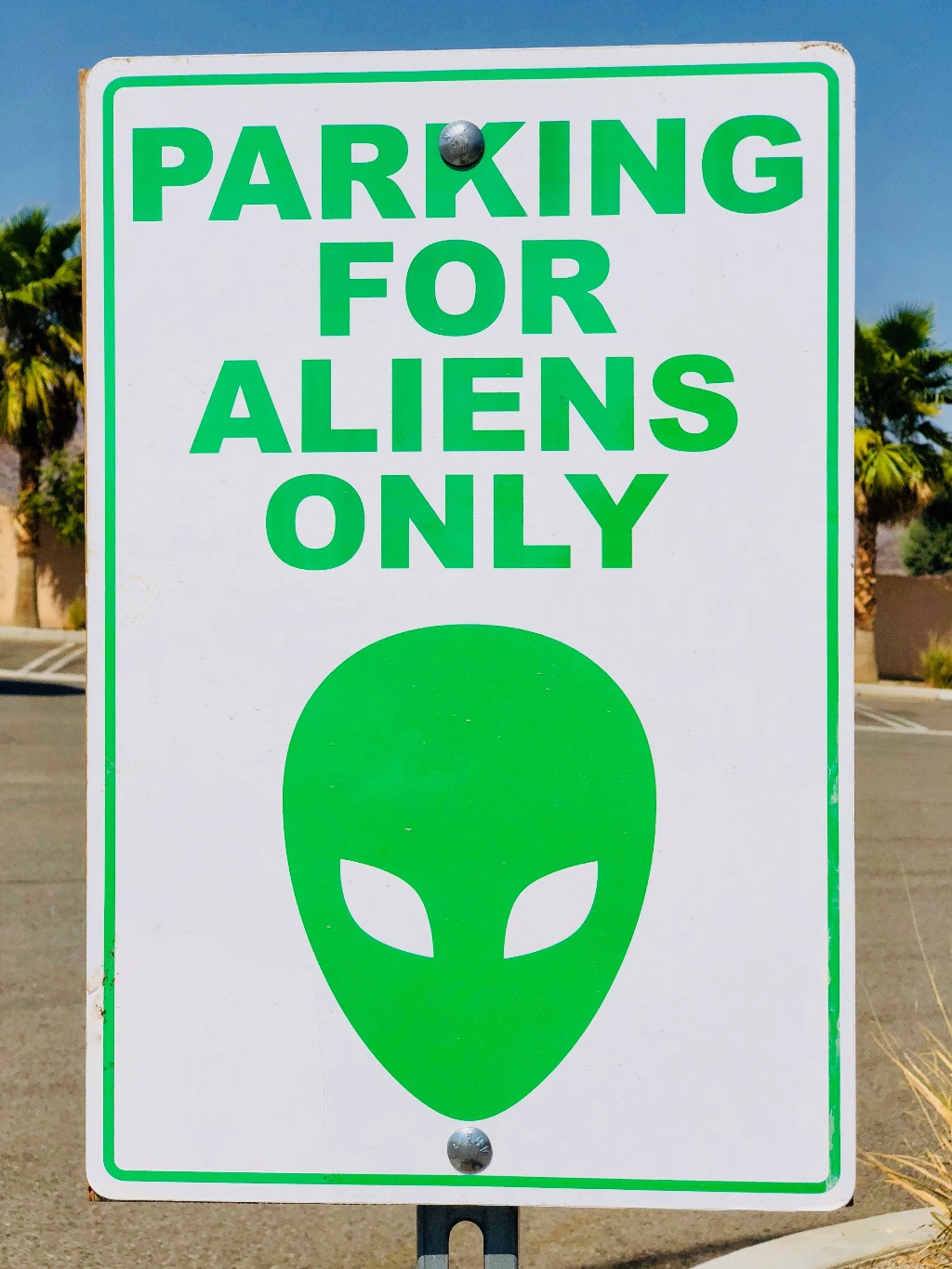
Are we alone in the universe? It’s a question many of us have asked ourselves at some point or another, and one that has provided a ton of inspiration to science fiction writers over the years. These authors have taken wildly diverse views of what aliens might be like—from how they look and speak to their intentions toward the human race.
It’s up to you if you believe that there might be alien life out there somewhere. But whether you’re a believer or not, you can definitely enjoy all the great fiction that various authors have written on the subject.
Here are ten stories whose plots center around aliens and what their existence might mean for the fate of humanity.
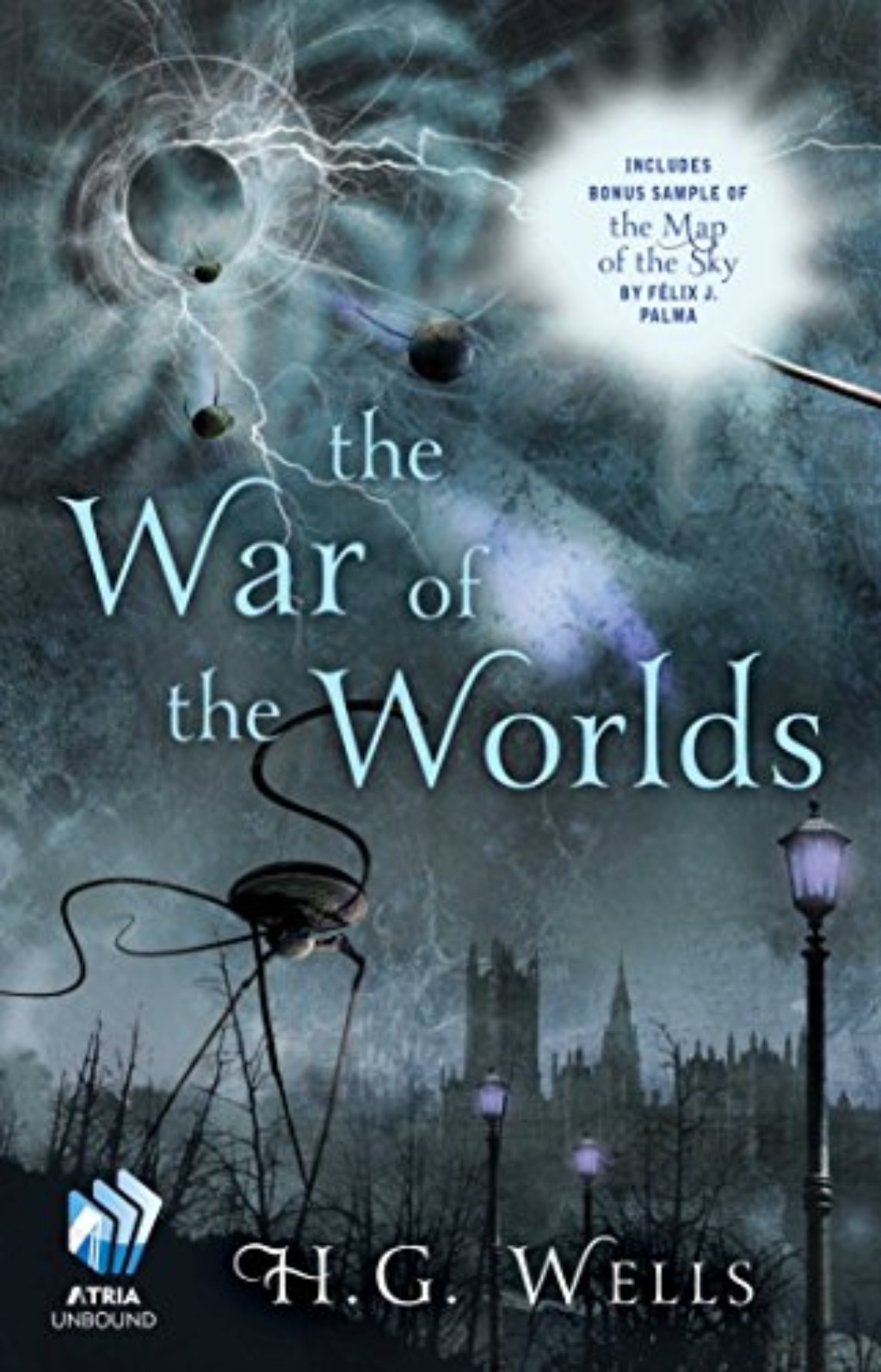
1) The War of the Worlds by H.G. Wells
No one would have believed that humanity was being watched by beings more intelligent than they were. But the aliens were watching, and now the monstrous creatures from Mars have invaded the land in huge mechanical tripods, bringing death and destruction with them. Equipped with poisonous black gas and heat-rays, who has any hope of defeating the aliens intent on wiping out the human race? This is one man’s story of this terrible invasion and whether mankind could possibly have a chance at survival.
Dating back to the late nineteenth century, The War of the Worlds is one of the earliest stories written about man encountering an alien race. This book has a decidedly pessimistic view of aliens—they are monsters out to eliminate humankind. It has spawned several adaptations, including the 2005 film starring Tom Cruise and Dakota Fanning. A bonus with this book is that you can read it for free on Project Gutenberg.
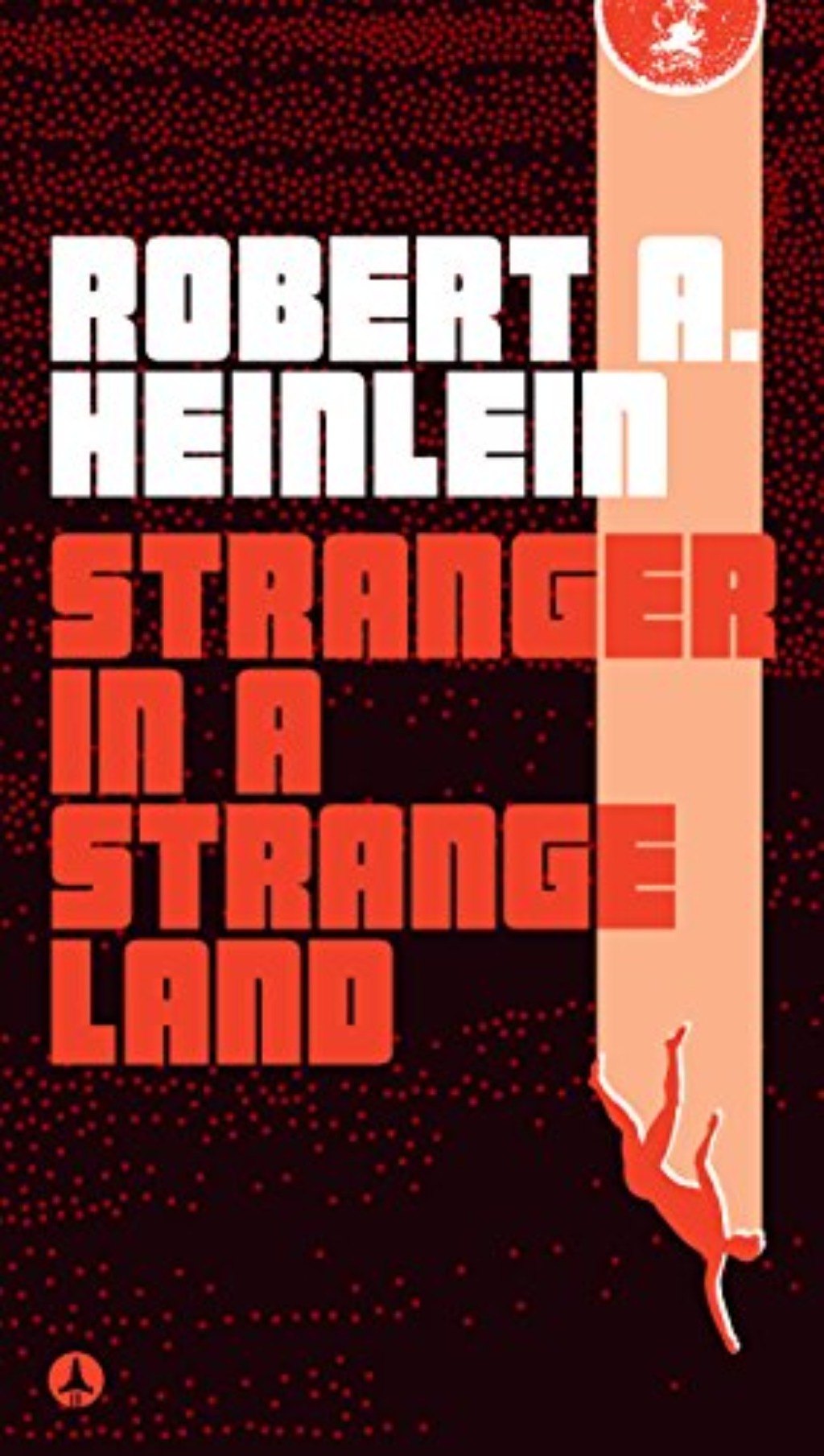
2) Stranger in a Strange Land by Robert A. Heinlein
Having been raised by the Martians of Mars, human Valentine Michael Smith has never met a member of his own species. When he is sent to Earth, he must learn what it is to be a man. But his powers and beliefs far exceed the limits of mankind. He teaches them about grokking and water-sharing and inspires a transformation that will change life for Earth’s inhabitants forever.
This is a (fittingly) strange book in the alien genre of science fiction in that the main alien in the plot isn’t an alien at all—he’s human. But he was raised by Martians and lives according to their ways and customs. Valentine Michael Smith shares Martian culture with humans and shows how alien contact can transform society.
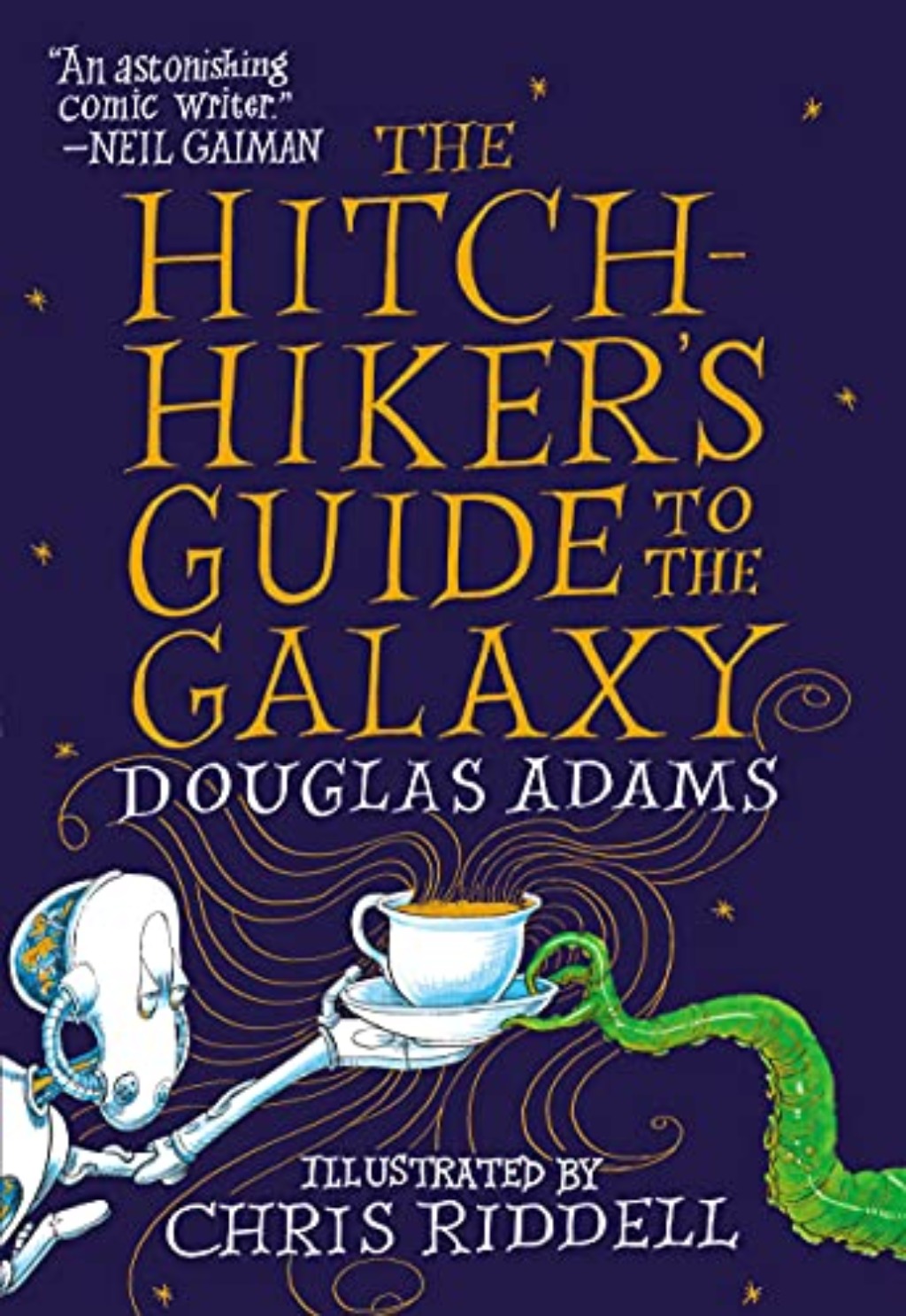
3) The Hitchhiker’s Guide To The Galaxy by Douglas Adams
It’s a typical Thursday for Arthur Dent—that is, until his house gets demolished. The rest of the Earth follows shortly after to make space for an alien superhighway. To top it all off, Arthur’s best friend announces that he’s an alien. With only a towel, a small yellow fish, and a book, Arthur must make his way through a very hostile universe along with a gang of unreliable aliens. Luckily the fish is very good at languages. And the book is The Hitchhiker’s Guide to the Galaxy which has the words DON’T PANIC inscribed in big, friendly letters on the cover.
Unlike the first two entries on this list, The Hitchhiker’s Guide to the Galaxy does not take itself at all seriously. It is a hilarious book (as we’ve mentioned before on the blog) that will make you laugh out loud at Earth’s destruction. If you like this one, there are five more books in the series (four written by Adams) for you to enjoy.
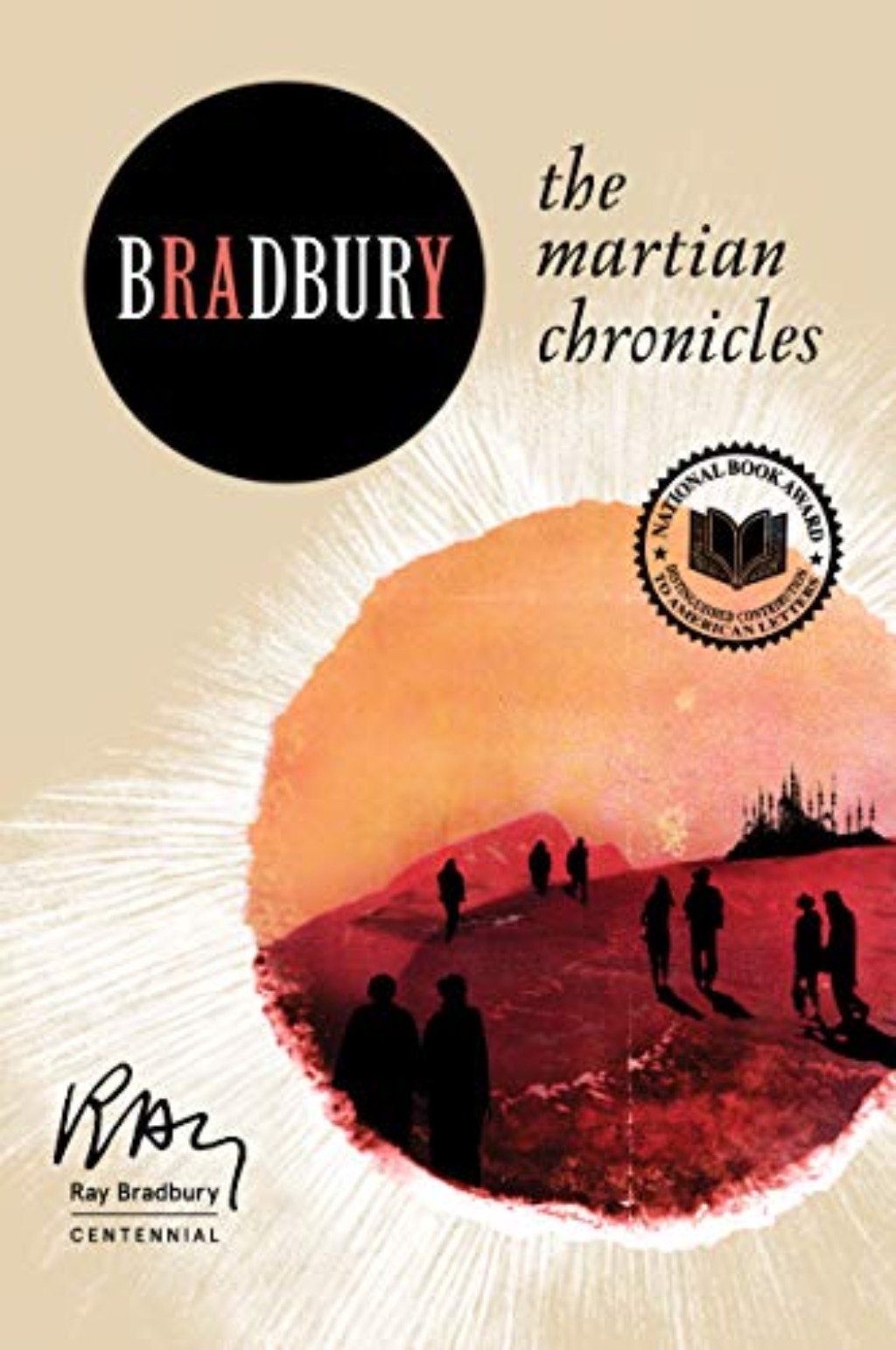
4) The Martian Chronicles by Ray Bradbury
In this collection of short stories that build a cohesive arc, humans leave Earth and invade Mars. This move has devastating consequences for the Martians and humans on both planets. Mars is a place of hope, dreams, and metaphor. Invaders have come here to despoil and commercialize, to grow and to learn. Humans conquer Mars and then are conquered by it, enchanted by the glamour of a mysterious, ancient native race.
Coming from the author behind Fahrenheit 451 and Something Wicked This Way Comes, this book is a powerful work of imagination. Bradbury drew from people’s fears of genocide and nuclear war following World War II and mined humanity’s capacity for destruction and its need for salvation. For this book, he won a Pulitzer Prize Special Citation in 2007.
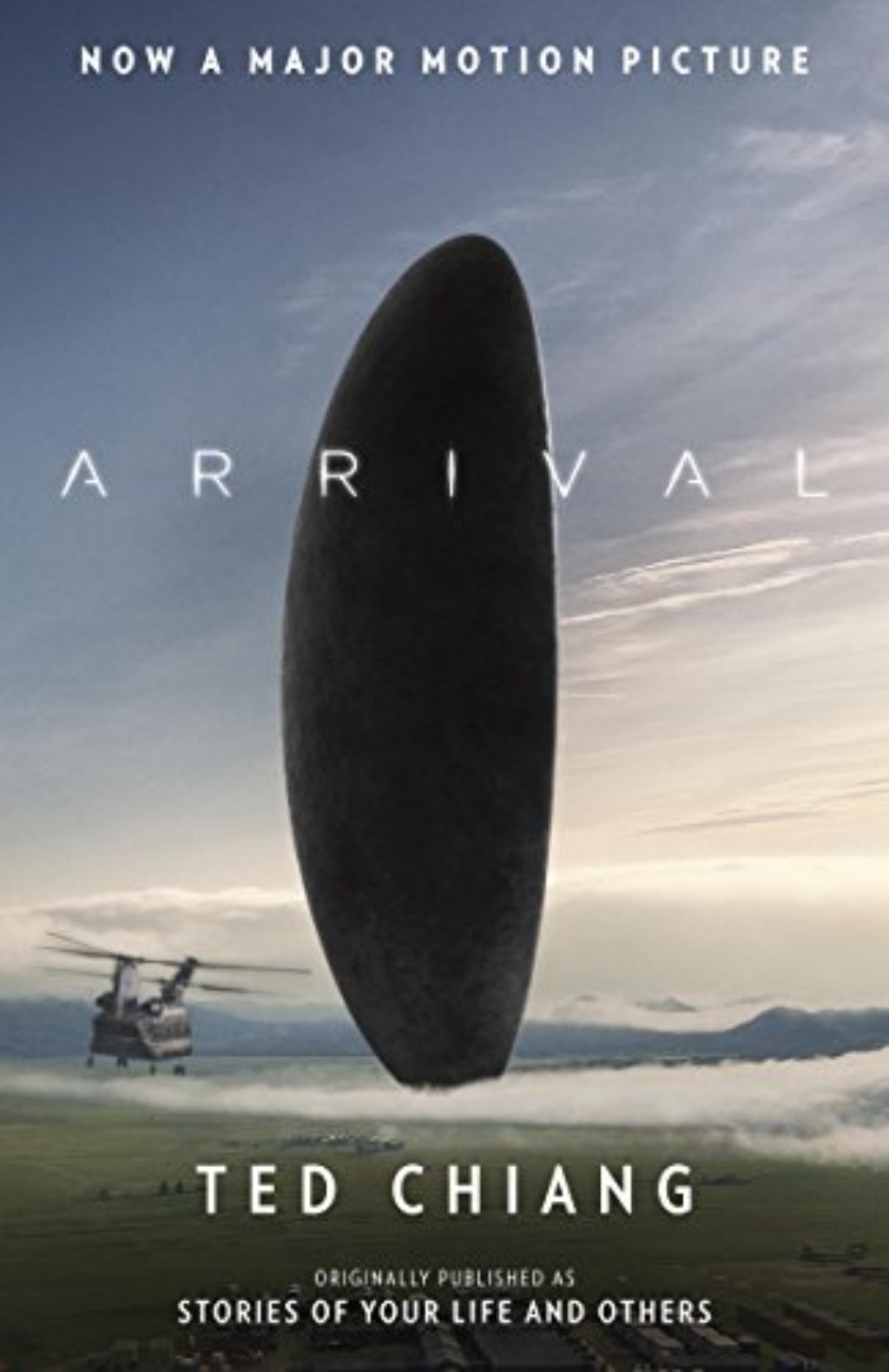
5) “Story of Your Life” by Ted Chiang
In this short story, alien lifeforms appear on Earth and a linguist is brought in to try to communicate with them and figure out their intentions. As she grows to understand these strange beings, her new knowledge of the nonlinear structure of their language allows her to see future events, and all the joy and suffering they will bring.
This story provided the basis for the excellent 2016 film Arrival. Unlike a book like The War of the Worlds, this story presents a very optimistic and compassionate view toward aliens. It shows that there are many ways our first contact with aliens could go, should it ever occur. The aliens’ nonlinear language is also a fascinating idea.
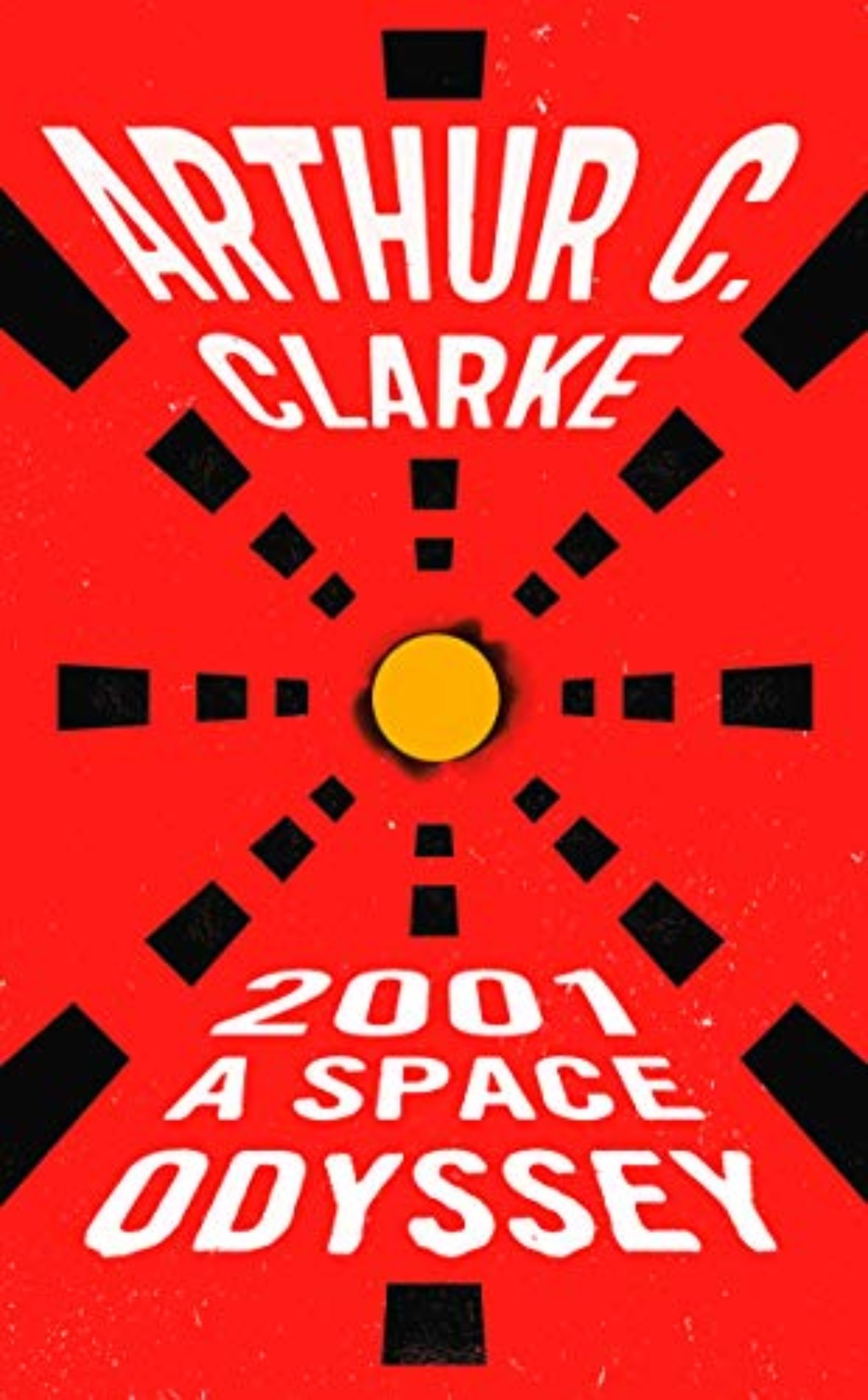
6) 2001: A Space Odyssey by Arthur C. Clarke
This novel spans from African savannas at the dawn of mankind to man traveling to the outer reaches of the solar system. It follows the crew of the spacecraft Discovery on their way to Saturn. HAL 9000, an artificially intelligent supercomputer, controls the vessel. HAL 9000 is capable of the highest level of cognitive functioning that rivals—and may threaten—the human mind.
This book wasn’t exactly the basis for Stanley Kubrick’s immortal film of the same name since the novel and film were developed concurrently. Clarke and Kubrick worked on the book together, merging several of Clarke’s short stories to create a cohesive narrative about an alien civilization’s influence on primitive humans. The novel grapples with space exploration, the potential dangers of technology, and the limits of human power.
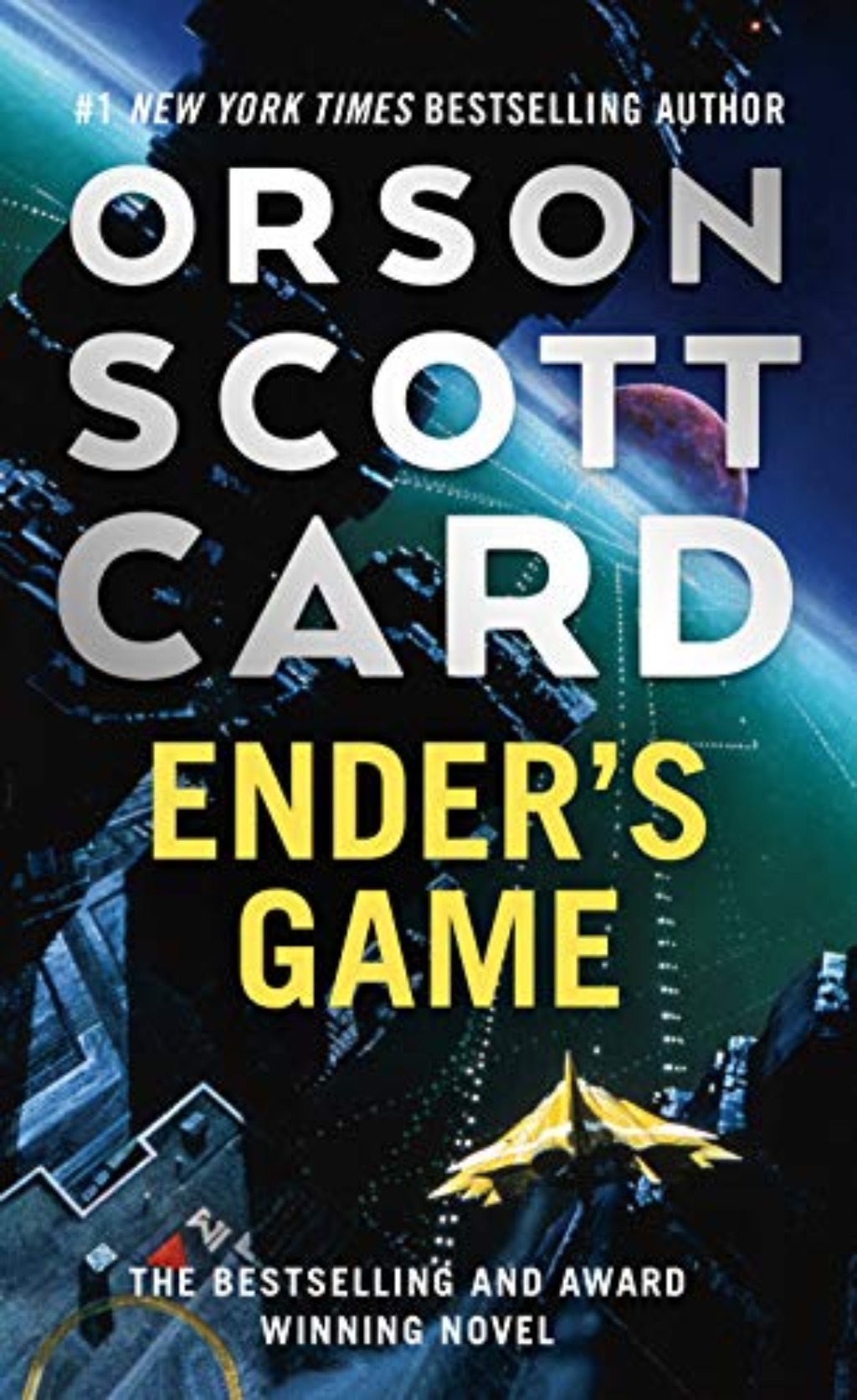
7) Ender’s Game by Orson Scott Card
In a future where there is the threat of a hostile alien race’s next attack, government agencies breed and train child geniuses as soldiers. Brilliant, young Andrew “Ender” Wiggin is drafted to the orbiting Battle School for rigorous military training. The war with the Buggers has been raging for a hundred years—is Ender the perfect general Earth needs?
This book won the 1985 Nebula Award for Best Novel and the 1986 Hugo Award for Best Novel. It features bug-like aliens—the Buggers—that play a fascinating role in Ender’s life. If you like the first one, there’s a whole stack of other books in the Ender universe.
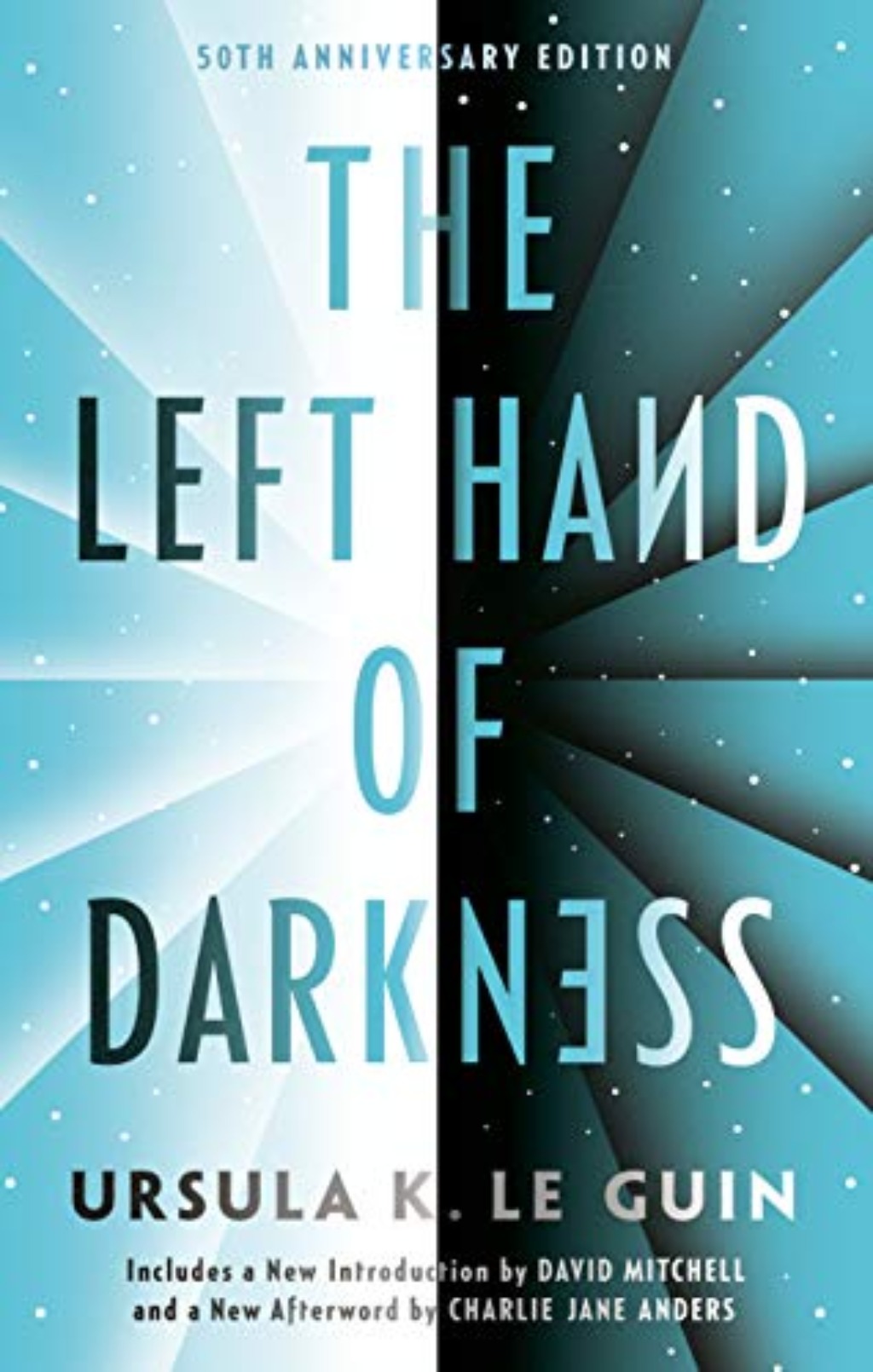
8) The Left Hand of Darkness by Ursula K. Le Guin
A human ambassador is sent to Winter, an ice-bound planet without sexual prejudice, where the natives’ gender is fluid. His objective is to facilitate Winter’s inclusion in a growing intergalactic civilization. But he must learn to reconcile his own views with those of the strange, intriguing culture he finds.
Like Ender’s Game, this novel won both the Nebula and Hugo Awards for Best Novel. It is a truly groundbreaking work of science fiction. It delves deeply into aspects of society, psychology, and human emotion in an alien world.
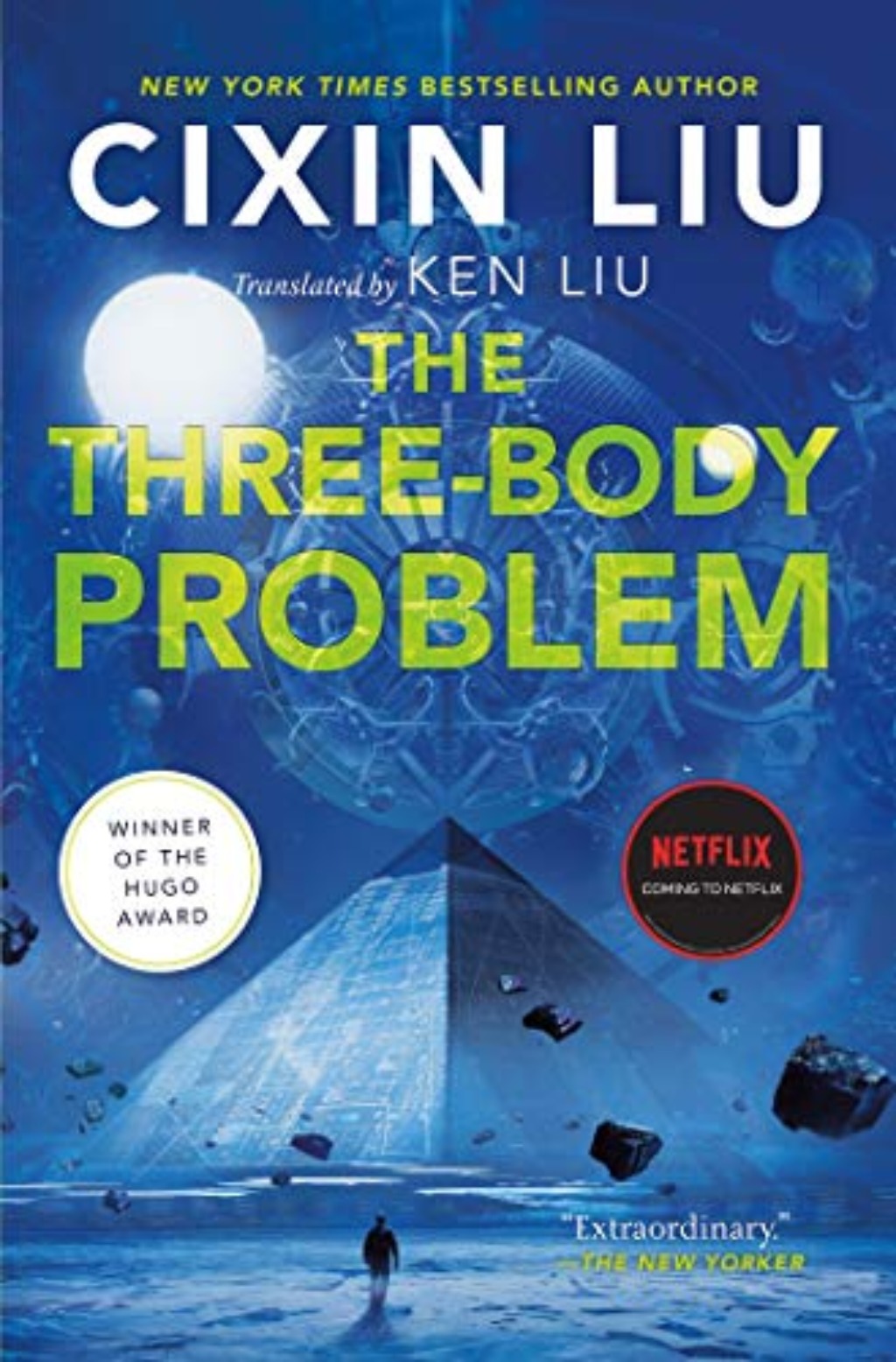
9) The Three-Body Problem by Cixin Liu
During China’s Cultural Revolution, there is a secret military project that attempts to make contact with aliens—and succeeds. An alien civilization on the brink of destruction receives Earth’s signal and plans to invade. Back on Earth, different factions begin forming around whether to welcome the superior beings and help them take over the world or to fight against the invasion.
This is another award-winning novel by one of China’s premier sci-fi authors. It reminds one of Dune by Frank Herbert in the enormity of its scope and vision. Like The War of the Worlds, this book does not have an optimistic view of what would happen if we were to make contact with aliens. Once you finish this one, be sure to read the other books in the trilogy—The Dark Forest and Death’s End.
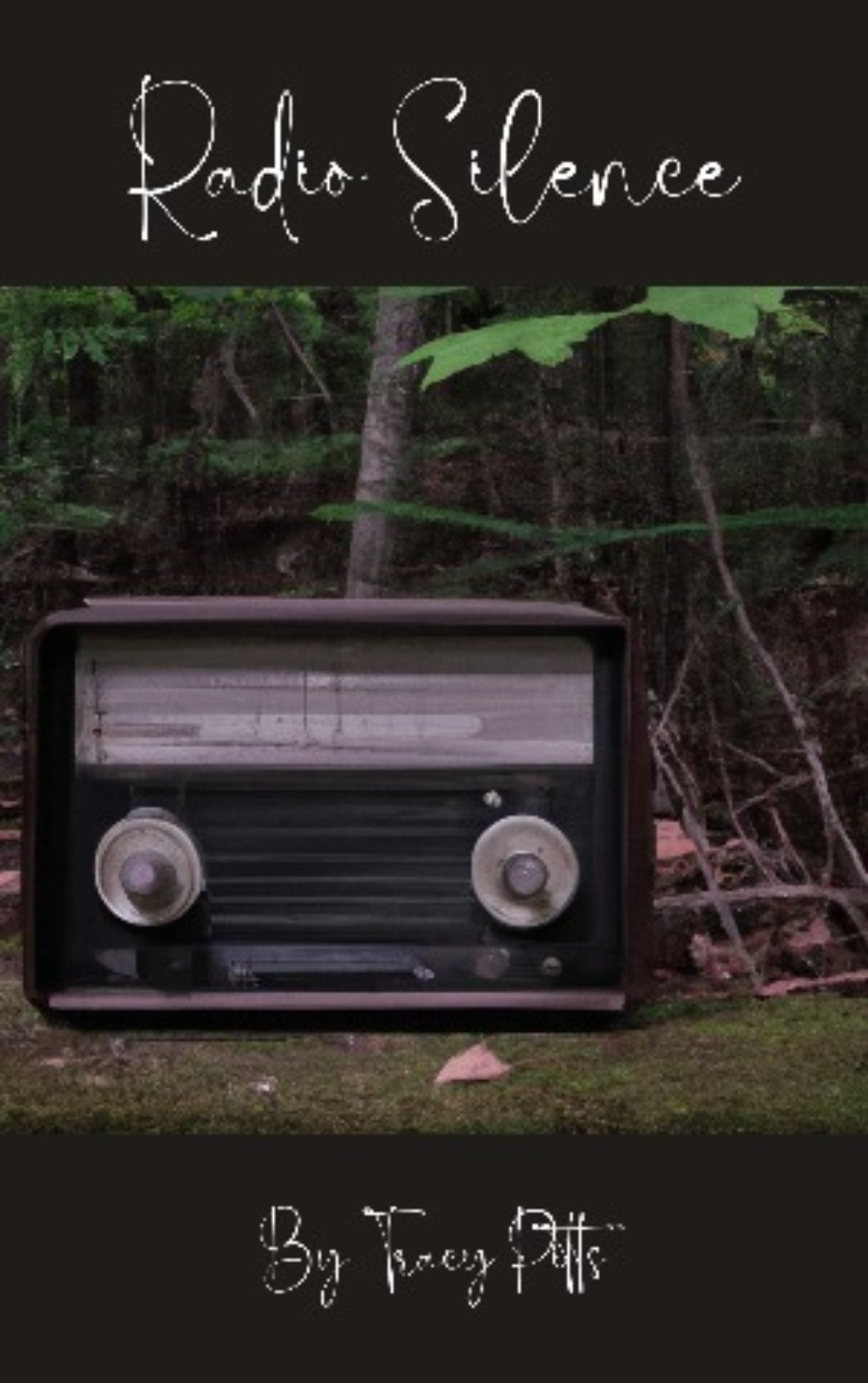
10) “Radio Silence” by Tracy Pitts
It’s the year 3045 after the world has been cleansed by the “Others”. Eleanor’s Gran still tells her stories about the Old World, before aliens came and destroyed everything. When her grandmother gives her an old radio, Eleanor takes it to her friend Juniper. Juniper is a boy with violet eyes who was left behind by the Others. He’s been working on building a robot he can’t get to work, but the old radio may be just what he needs.
This short story won the Grand Prize in our July 2022 Worldbuilding Short Fiction Contest. It exhibits beautiful writing that paints the grim yet intriguing future well. And, as the name of the contest would suggest, the story also features fantastic worldbuilding. If you are low on cash for buying books, you’re in luck! You can read this story for free right here on Fictionate. And once you’re done, you can read this interview with the author.
Soak Yourself in Fiction
Follow us on Facebook | Instagram | Twitter | Discord